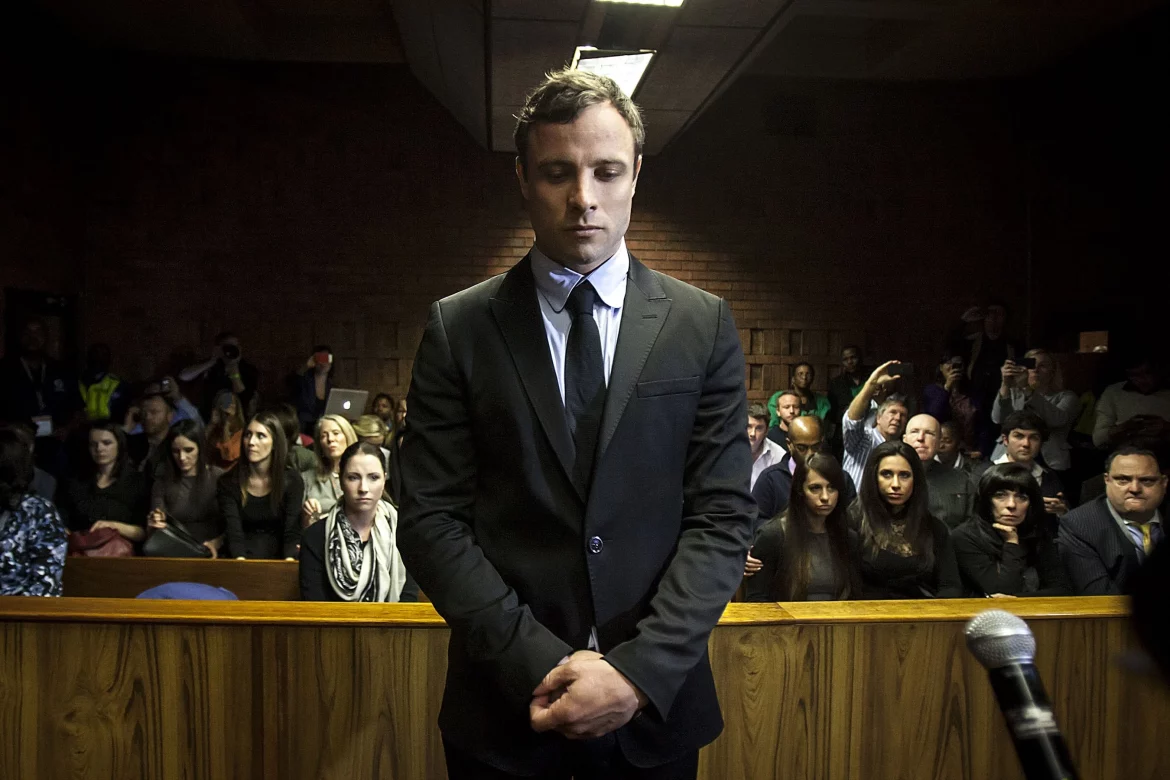In a controversial decision, double-amputee Olympic runner Oscar Pistorius has been granted parole, a decade after the tragic incident that shocked the world. Pistorius, known as the “Blade Runner,” shot and killed his girlfriend, Reeva Steenkamp, on Valentine’s Day in 2013. His release is set for January 5, 2024.
The Department of Correctional Services announced that Pistorius will serve the remainder of his sentence under community corrections, supervised closely to ensure compliance with parole conditions. Steenkamp’s mother, June, expressed doubts about Pistorius’s rehabilitation, citing concerns about his unresolved anger issues and potential threats to women in the future.
Despite Pistorius’s claims of mistaking Steenkamp for a burglar, June Steenkamp maintained that he knowingly killed her daughter. Pistorius’s parole will continue until December 5, 2029, with mandatory therapy for anger management and gender-based violence issues, along with community service.
The journey from Paralympic champion to convicted murderer has been a tumultuous one for Pistorius. His case drew international attention, with legal battles resulting in an initial five-year sentence in 2014, later extended to 13 years and five months by the Supreme Court in 2017.
The decision has reignited debates about justice, rehabilitation, and public safety. Pistorius’s father, Henke, claims his son has transformed into a spiritual leader in prison, emphasizing remorse and rehabilitation efforts. This development prompts reflection on the complexities of the legal system and the challenges of balancing punishment and redemption.






Comments are closed.